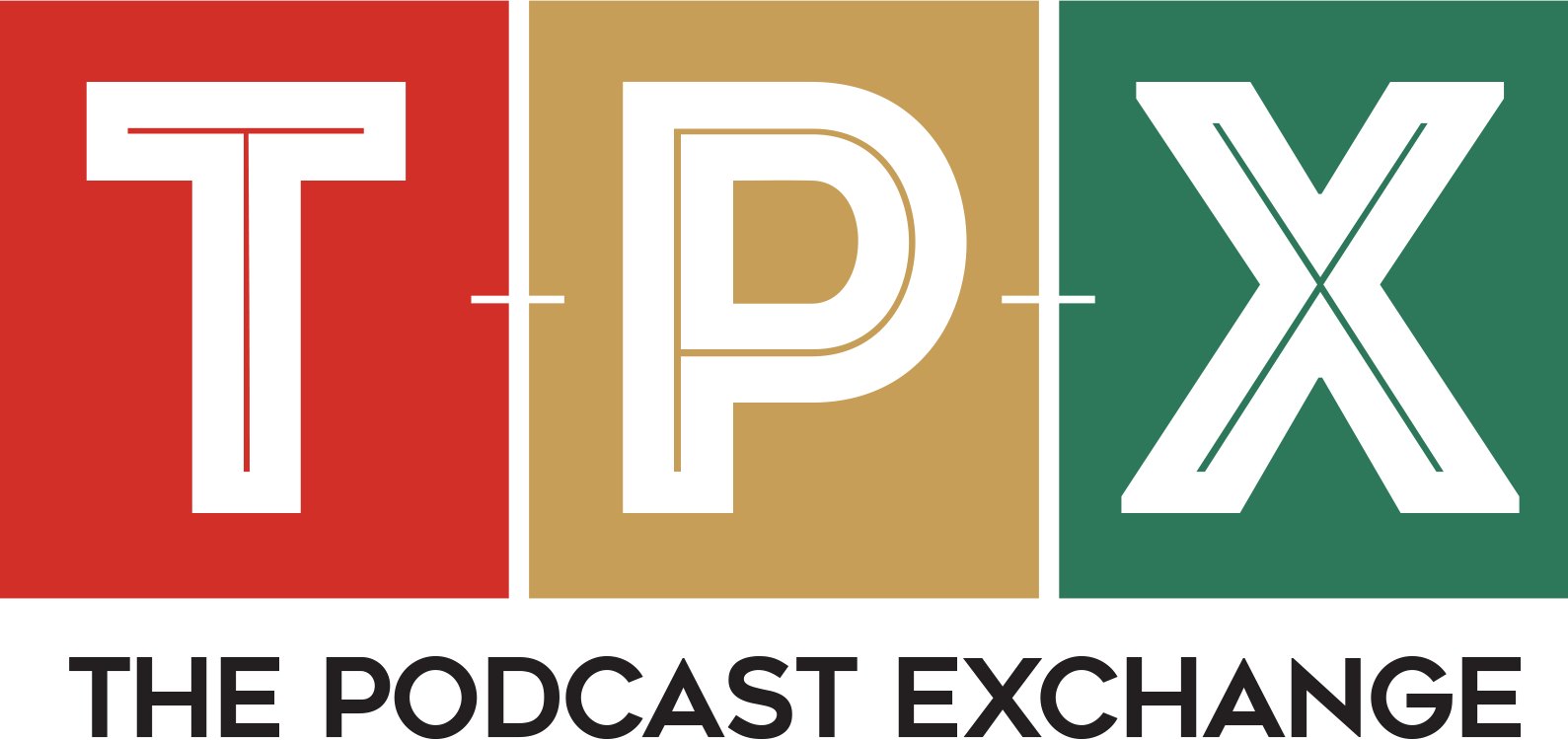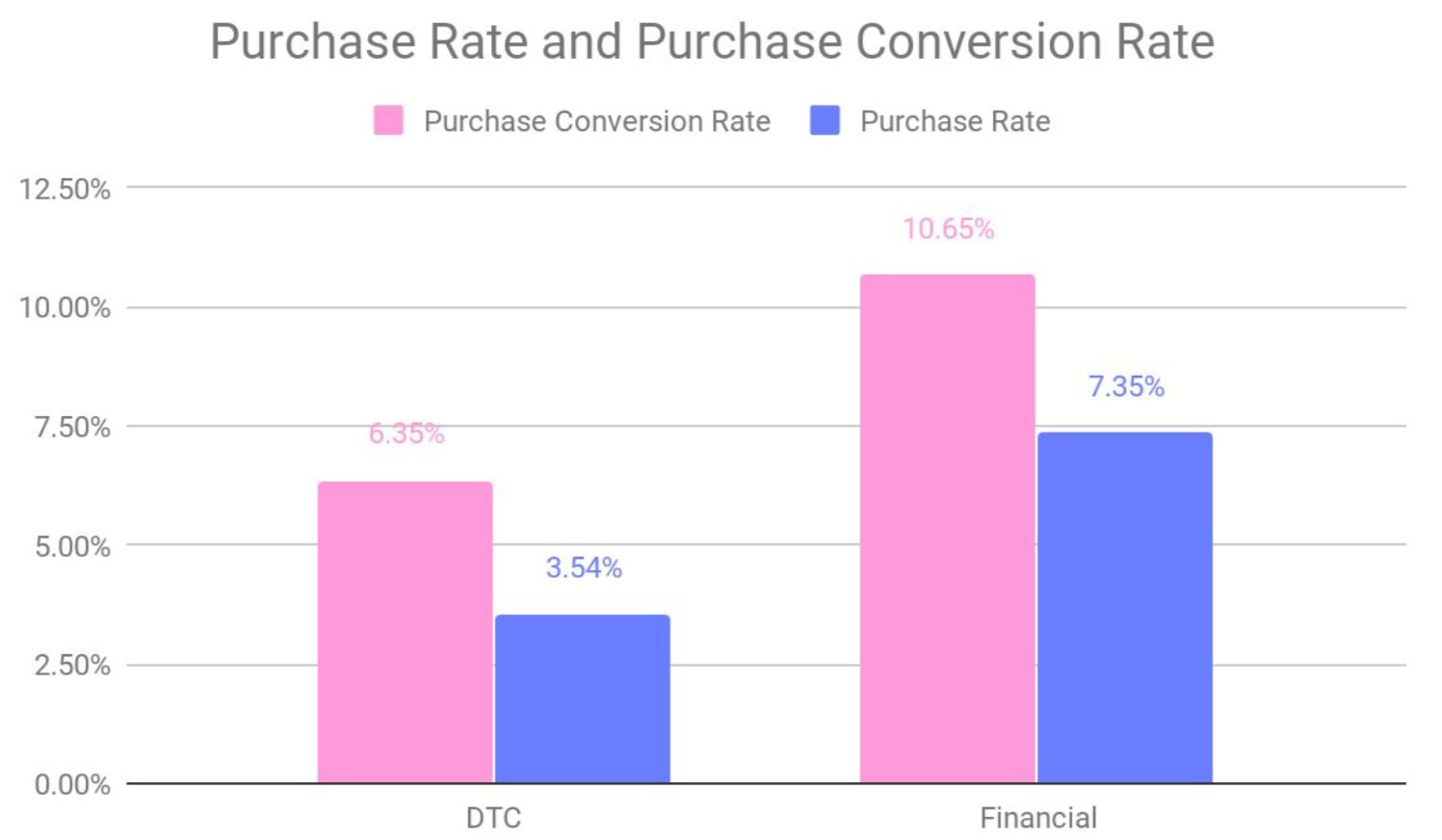Attribution tracking a magic bullet for measuring podcast ad ROI
At TPX, we're often asked the same question about podcast ads from agencies and brands - how do we know they work? And more to the point, what's the return on investment?
For years, we've been espousing the value and effectiveness of a well-placed podcast ad, because we know they work. We cite the latest survey research, highlighting podcast listeners' positive perceptions of the ads they hear (especially host-read ads), and the pride of place podcasting holds for them over all other media ad types. Brand lift studies are also a great way to gauge effectiveness, but they don't capture people's behaviour: just perception and intent.
Measuring conversions and ROI
Attribution tracking, on the other hand, is the magic bullet that targets the "return on investment" question head-on. And while it doesn't provide all the answers, it's an extremely useful way of measuring conversion rates for podcast ad campaigns that are driving listeners to digital destinations.
In a nutshell, attribution services use pixels to track (via IP address and user agent) how many households were exposed to a podcast ad and subsequently engaged with that advertiser's website. They can also measure app downloads, or even downloads of other podcasts. Any digital property can be tracked with a few lines of simple code on the destination site or digital product, in combination with a pixel embedded in the podcast's RSS feed.
Attribution tools have been around in digital advertising for a while. They're particularly valuable in the context of podcast advertising, which (due to the nature of the medium) doesn't offer some of the data points that agencies are used to seeing with other digital ad campaigns. Having said that, some of that personal data collected about users of other digital media is about to go away - the "cookie" that the industry has been relying on for digital advertising and tracking are being phased out in response to privacy issues. Podcasting data, on the other hand, is just getting better - and it's private and secure.
Over the last couple of years, we've been fortunate enough to work with some of the major players in this space to provide conversion rates to our clients, with great results. Podsights and Chartable have emerged as leading choices for the Canadian market - focused entirely on podcasting (like TPX!) - with development roadmaps built to address the challenges and opportunities unique to podcast measurement. Attribution tracking is their bread and butter, although they do provide some related services as well on the side.
Podsights data confirms that podcast listeners are not just “drive-by” visitors to advertiser sites. For DTC and financial brands, people who hear these ads on podcasts make purchases significantly more often than the average user.
What can we learn about podcast ads from attribution tracking?
Recently, Podsights released their Conversions Benchmark Report for Q3 2020. It's based on more than 1.6 billion impressions served and $38 million USD in ad spending by more than 300 brands over 800 campaigns in the last two years. There are some great insights in the report, including some takeaways about return on investment (ROI):
Sequential ads (multiple ads from the same campaign within an episode) yielded the highest average conversion rate
3 spot placements (pre/mid/post) yield the highest conversion rates overall - but their ROI is lower than other options due to higher price
ROI is highest for 2 spot placements (pre/mid)
If only one ad is placed, midroll ads are the most popular placement, and they have the highest conversion rates (compared to pre- or post-roll alone)
Different types of conversions benefit from different strategies - "Lead" conversion rates are highest with a single placement of an ad in a campaign in a podcast episode, but "Purchase" rate conversions go up when there are multiple ads
The larger the campaign, the better the conversion rates are (and direct-to-consumer does better than B2B)
Listeners purchased DTC brand products 79% more often than the average user, and 45% more than average for financial brands
Benchmarks - 1.31% is the average conversion rate (avg. social media conversion is less than 1%)
Chartable also offers lift reports, A/B tests with control groups and other services, similar to Podsights. They can also measure a different type of podcast advertising - how many people are downloading your podcast after seeing your ads on online. They're both great companies that are helping move the industry forward.
How can agencies and brands work with podcast attribution companies?
Short answer - contact us at TPX. Virtually every podcast publisher TPX represents has included the necessary code on their hosting servers, meaning they're ready to go. If an advertiser can add a couple of lines of code to their digital property, we're in business. In return, we'll work with these attribution companies to deliver the data you need to assess your campaigns' conversion rates and ROI, at a small incremental cost. It doesn't matter if it's a "direct sale" (ie. curated buy via TPX) or a TPX Programmatic transaction - attribution tracking is available in most cases for both.
Do you like keeping up on what’s going on in podcasting in Canada and around the world? The Podcast Exchange wants to bring that right to your email inbox. We’d love for you to have a look at our newsletter, and share your feedback with us.
Each month the newsletter features the TPX blog of the month, the must-read headlines about the podcast industry and some insights about podcast listening from the latest research. We also offer intermittent updates with new and trending podcasts from the podcast publishers we represent.
Subscribe for free, and let us know what you think!



